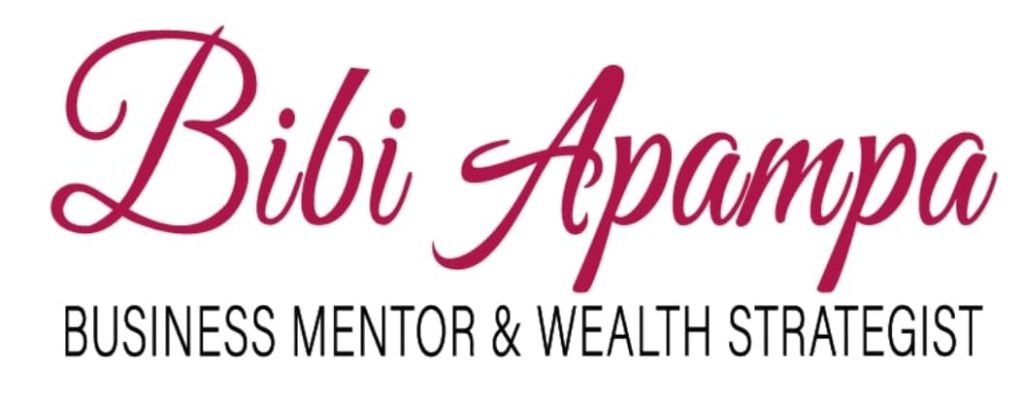Welcome to our ultimate guide on non-financial retirement planning! While it’s crucial to save up for retirement financially, there’s a whole other side to it that often gets overlooked: the non-financial aspects. Sure, having a healthy nest egg is essential, but what about your health, social life, and overall happiness?
In this blog post, we’ll explore why non-financial planning is just as important as financial planning for retirement and provide you with practical tips to ensure you’re fully prepared for this exciting chapter of your life.
Non-Financial Retirement Checklist
Health and Wellness
Your health is your most valuable asset, especially as you enter your golden years. Make sure you’re taking care of yourself by staying active, eating well, and scheduling regular check-ups with your healthcare provider.
Social Connections
Retirement doesn’t mean you have to become a hermit! Nurture your existing relationships and seek out opportunities to make new friends. Join clubs, volunteer in your community, or take up a hobby that allows you to connect with like-minded individuals.
Purpose and Fulfillment
Retirement is the perfect time to pursue your passions and explore new interests. Whether it’s traveling the world, learning a new language, or volunteering for a cause you’re passionate about, find activities that give you a sense of purpose and fulfillment.
Lifestyle and Location
Think carefully about where and how you want to spend your retirement years. Do you see yourself living in a bustling city or a quiet countryside? Downsizing to a smaller home or embracing apartment living? Consider what lifestyle will bring you the most joy and fulfillment.
Non-Financial Retirement Goals
Personal Development
Retirement is a great opportunity to invest in yourself. Take up a new hobby, enroll in a class, or finally write that book you’ve been dreaming about. The sky’s the limit when it comes to personal development during retirement!
Community Engagement
Giving back to your community is not only rewarding but also a great way to stay active and engaged during retirement. Volunteer at a local charity, mentor young people, or get involved in local politics. Your contributions can make a real difference in the lives of others.
Legacy Projects
What do you want your legacy to be? Whether it’s starting a scholarship fund, creating a community garden, or documenting your family’s history, think about the impact you want to leave on the world and start working towards it now.
Non-Financial Retirement Planning Advice
Importance of Early Planning
Just like with financial planning, it’s never too early to start thinking about your non-financial retirement goals. The earlier you start planning, the more time you’ll have to prepare and make adjustments along the way.
Strategies for Staying Active
Staying physically and mentally active is key to enjoying a fulfilling retirement. Incorporate regular exercise into your routine, challenge your brain with puzzles and games, and stay socially connected with friends and family.
Tips for Nurturing Relationships
Retirement is the perfect time to strengthen your bonds with loved ones. Make time for regular phone calls, visits, and shared activities. And don’t forget to make new friends too – you’re never too old to expand your social circle!
Non-Financial Benefits
Improved Mental Health
Staying active, engaged, and connected can have a profound impact on your mental well-being. By prioritizing your non-financial retirement goals, you can enjoy a happier, more fulfilling retirement overall.
Greater Sense of Purpose
Having meaningful activities and goals to work towards can give your life a sense of purpose and direction during retirement. Whether it’s volunteering, pursuing a hobby, or spending time with loved ones, having a reason to get out of bed in the morning can make all the difference.
Enhanced Social Connections
Retirement is the perfect time to strengthen your social connections and build new relationships. By investing time and energy into your social life, you can enjoy a rich and fulfilling retirement surrounded by friends and loved ones.
Non-Traditional Retirement Plans
Phased Retirement
If the idea of going from full-time work to full-time retirement seems daunting, consider easing into retirement with a phased approach. This could involve reducing your hours, taking on consulting work, or pursuing a passion project on the side.
Encore Careers
Retirement doesn’t have to mean the end of your working life. Many retirees find fulfillment in starting a second career or pursuing a passion project they never had time for during their working years.
Volunteerism
Giving back to your community is a great way to stay active and engaged during retirement. Whether it’s volunteering at a local charity, mentoring young people, or serving on a board or committee, there are countless ways to make a difference in your community.
Are Retirement Plans Mandatory?
Retirement plans are not mandatory in the sense that there are no legal requirements for individuals to save for retirement. However, having a retirement plan in place is highly recommended to ensure financial security and peace of mind during retirement.
Non-Financial Aspects of Retirement Planning
Psychological Preparation
Retirement is a major life transition that can bring up a range of emotions, from excitement and anticipation to anxiety and uncertainty. By preparing yourself psychologically for retirement, you can approach this new chapter of your life with confidence and optimism.
Planning for the Unexpected
Life is full of surprises, and retirement is no exception. By being flexible and adaptable in your retirement plans, you can better navigate unexpected challenges and make the most of whatever comes your way.
What Happens If You Don’t Have a Retirement Plan
Potential Risks and Consequences
Without a retirement plan in place, you may find yourself struggling financially during your golden years. This could mean having to rely on government assistance, downsizing your lifestyle, or even returning to work in your later years.
Real-Life Examples
Unfortunately, many people find themselves unprepared for retirement due to a lack of planning. By sharing real-life examples and cautionary tales, we hope to inspire readers to take action and start planning for their own retirement today.
How Often Should a Financial Plan Be Reviewed
Importance of Regular Review
Just like with any other aspect of your financial life, it’s important to regularly review and update your retirement plan to ensure it remains aligned with your goals and objectives.
Guidelines for Review
While there’s no one-size-fits-all answer, a good rule of thumb is to review your retirement plan at least once a year or whenever you experience a major life change, such as getting married, having children, or changing jobs.
Conclusion
Retirement is a time to embrace new opportunities, explore new interests, and enjoy the fruits of your labor. By prioritizing both your financial and non-financial retirement goals, you can ensure a fulfilling and satisfying retirement that’s tailored to your unique needs and preferences. Remember, it’s never too early – or too late – to start planning for your retirement, so why wait? Start planning today and make your retirement dreams a reality!



